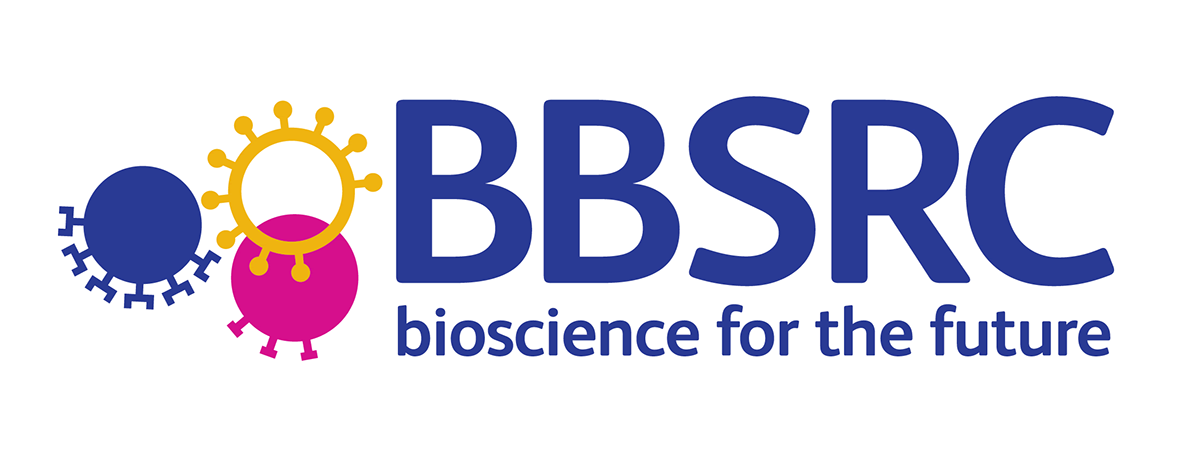Prof. Steve Wedge
Steve is a research bioscientist with expertise in cancer drug discovery and translational development from a career spanning >30 years in industry and academia. He is experienced in target selection/validation, through hit-identification, hit-to-lead and lead optimisation, candidate selection, preparation of regulatory documentation, and leadership of supporting translational science programmes. He has also contributed to 82 papers that have over 8,000 citations (h-index 41, i10-index 82).
Discovery of Caprelsa®. Steve was lead bioscientist on the AstraZeneca programme that resulted in the discovery of Caprelsa® (ZD6474, vandetanib; *Wedge S.R. et al., Cancer Res., 62(16): 4645-4655, 2002), the first targeted therapy to be registered for the treatment of advanced medullary thyroid cancer. The compound is currently marketed by Sanofi Genzyme.
Discovery of 12 other candidate oncology therapies (7 evaluated clinically). Steve was a contributor to the discovery of 10 other Candidate small molecule drugs whilst at AstraZeneca (1996-2012), 5 of which progressed from early concept into clinical trials: a selective VEGFR inhibitor (AZD2171; cediranib), a CDK2 inhibitor (AZD5438), an aurora kinase inhibitor (AZD1152), a PI3Kb inhibitor (AZD8186), and a novel anti-androgen (AZD3514). More recently, he contributed to the discovery of the MDM2-p53 inhibitor ASTX295 at Newcastle University, in partnership with Astex Pharmaceuticals, which entered Phase I/II clinical evaluation in July 2019. Steve also originally characterised the subcellular trafficking, pharmacokinetics and therapeutic efficacy of novel polymeric delivery systems for anthracycline chemotherapy during his PhD; an approach which subsequently reached Phase II clinical evaluation in patients with breast, lung and colorectal cancer.
Translational development of novel cancer therapeutics. Steve has examined, and published on (2002 – 2019), the translational development of novel therapeutics with varied mechanisms of action to experimentally evaluate scheduling, biomarkers, mechanism of action or their use in combination. In addition to the candidate drugs detailed above, this has included an EGFR inhibitor (Iressa), MEK inhibitor (Selumetinib), PARP inhibitor (olaparib), a PDGFR inhibitor (AZD2932), an mTOR1/2 inhibitor (AZD6244), an MCT1 inhibitor (AZD3965) and a DNA-PK inhibitor (NU5455).
Development of temozolomide. Steve determined the clinical pharmacokinetics of temozolomide as part of a study to define an acceptable clinical chronic daily dose for combination with extended fractionated radiotherapy and evaluated the interaction between the two preclinically; a combination regimen that subsequently became (and remains) the standard of care for patients with newly diagnosed glioblastoma multiforme.








